What Was The Universe 25 Experiment?
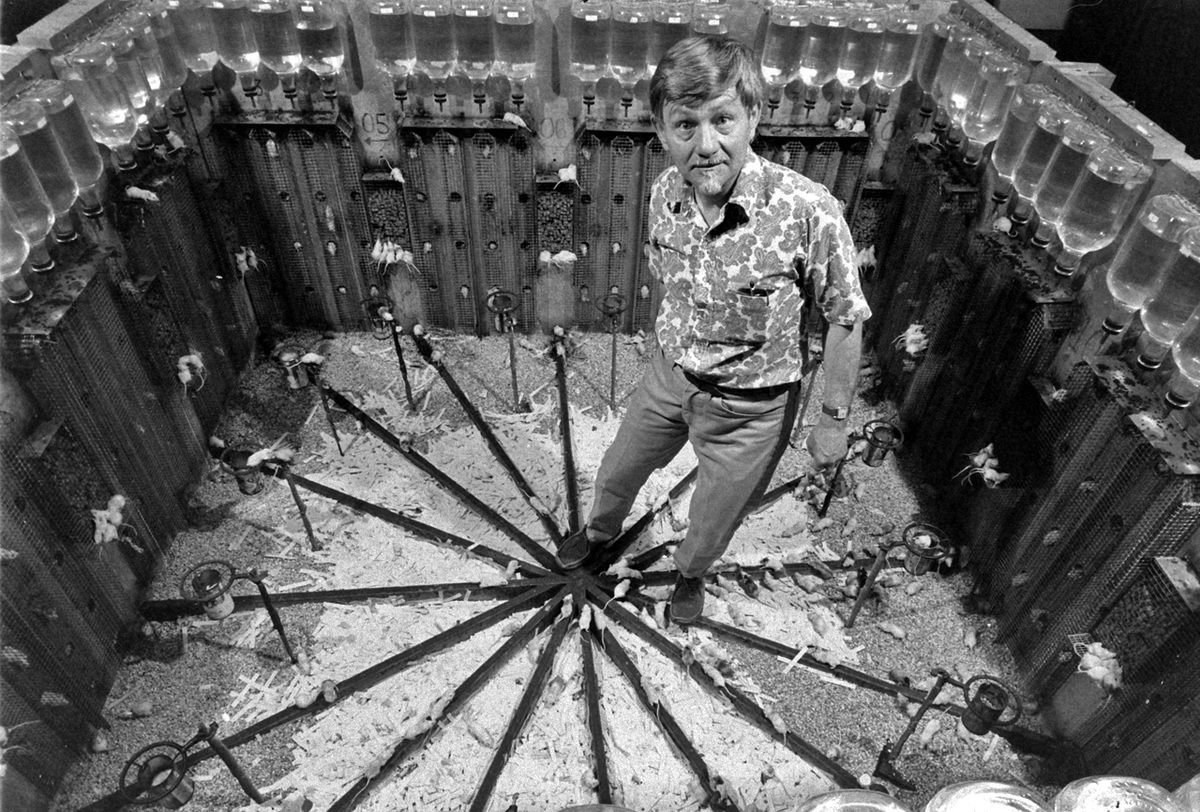
In the 1970s, ethologist John B. Calhoun conducted a famous experiment called Universe 25. In the study, a colony of mice was placed in a utopian enclosure called a “mouse paradise” with unlimited access to food, water, and nesting materials. The colony rapidly expanded but then exhibited increasingly dysfunctional and abnormal behaviors as overcrowding intensified. Many withdrew from social interaction, some became aggressive, mothers neglected their young, and eventually the colony collapsed.
This experiment has been viewed by many as a troubling allegory for modern human society. Anthropologists, evolutionary psychologists, Jungians, and psychoanalytic thinkers have drawn parallels between the breakdown of natural social structures and behavior seen in Universe 25 and the “double binds” and psychological stresses created by modern post-industrial civilizations.
Evolutionary Psychology Perspective
Evolutionary psychologists posit that much of human behavior and our underlying neural architecture evolved to adapt to the social conditions of our ancestral hunter-gatherer kin groups. By contrast, the conditions of high-density urban living, relative social isolation, consumerist culture, breakdown of extended family, and departure from traditional community roles seen in developed societies today are evolutionarily novel. This mismatch between the modern environment and the conditions we are optimized for leads to increased stress and mal-adaptations.
Jungian Perspective
Carl Jung and his followers saw neuroses, psychosis, and psychological suffering as signs of a “sick society” that has lost contact with myth, ritual, and the cycles of nature. They argue modern civilization has severed our link to the collective unconscious, the archetypal realm, and the natural progression through stages of life. Jung viewed schizophrenia as a kind of shamanistic state – an attempt by the psyche to self-heal and rebalance what society has fragmented.
But modernity, focused on the scientific, materialist worldview, has lost the capacity to integrate these states. It can no longer hear the compensatory messages from the unconscious indicating how out of balance we have become. Jungians see our consumer culture as a misguided attempt to fill our archetypal and spiritual voids with hollow goods and promises of immortality through products, status, and perpetual youth. By disconnecting us from nature’s cycles of aging and death and mythic rites of passage, it leaves us developmentally stuck and confused.
Psychoanalytic Perspective
Psychoanalysts like Sigmund Freud also examined the psychological toll of civilization. In works like Civilization and Its Discontents, Freud argued that civilization requires the suppression of individual instinctual drives, particularly aggression and sexuality, so that complex societies can function. This comes at a great cost—neurosis, discontent, and widespread psychological pain. The superego or conscience strictly regulates the innate libidinous drives of the id so people can cooperate at a mass scale. But these thwarted instincts still leak out in the form of anxiety, depression, aggression, perversions, and antisocial behaviors.
Warnings for the Future
The fate of the Universe 25 mouse colony should serve as a grave warning for the future of human civilization if we continue down our current trajectory. As population pressures increase and we drift ever further from the social networks, environments, and ways of being that we are evolutionarily and psychologically adapted for, we will likely see rising rates of mental illness, loneliness, violence, and societal discord.
We ignore the archetypal and psychological needs of human beings at our peril. To forge a healthier future, we must find ways to build meaning, community, and connection to nature and our own inner worlds into the framework of modern technological society. We need avenues to express and channel our innate drives and instincts rather than simply repress them.
If we fail to heed these warning signs from the psyche, we risk a large-scale psychological and social breakdown akin to the fate of Universe 25. It is imperative that we transform our civilizational “mouse utopia” into one that is more aligned with our fundamental nature—before it is too late.
Digital, Media, and Cultural Theorists and Philosophers
Bernays and The Psychology of Advertising
John B Calhoun and Universe 25
Claude Shannon and Warren Weaver

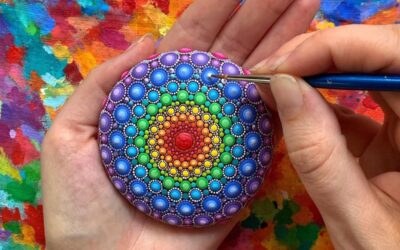
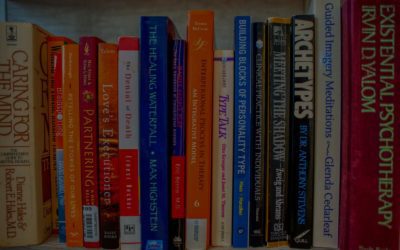
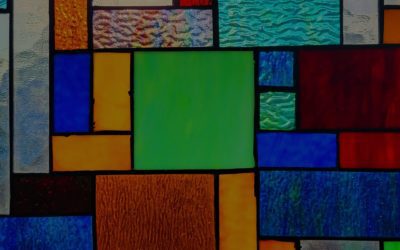

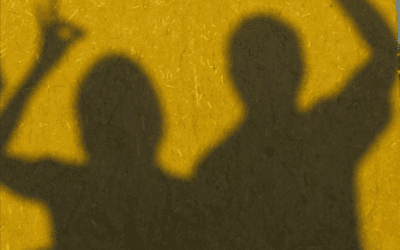
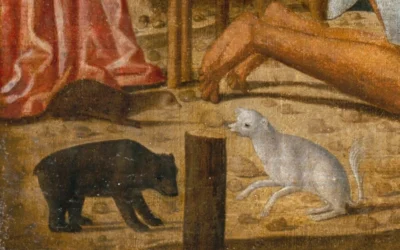



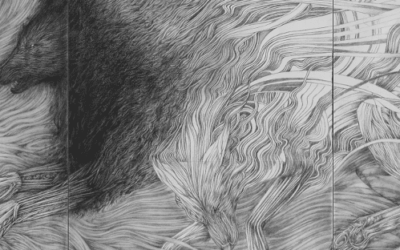

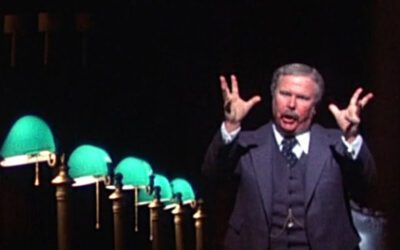
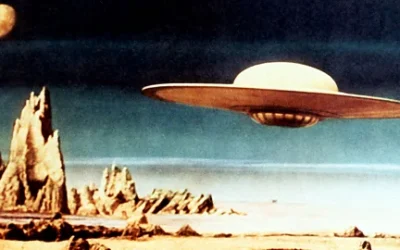


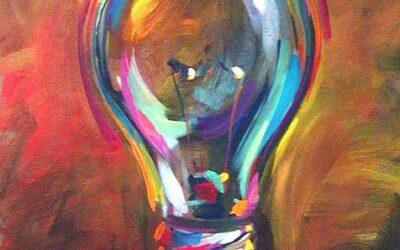



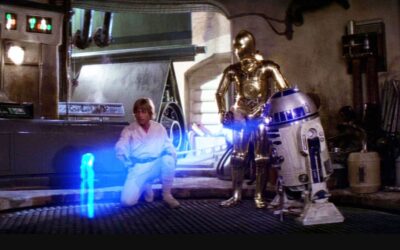
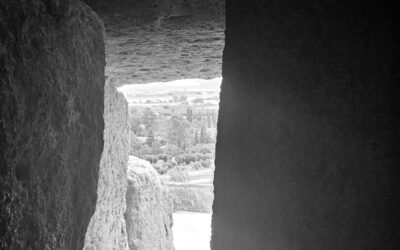




0 Comments